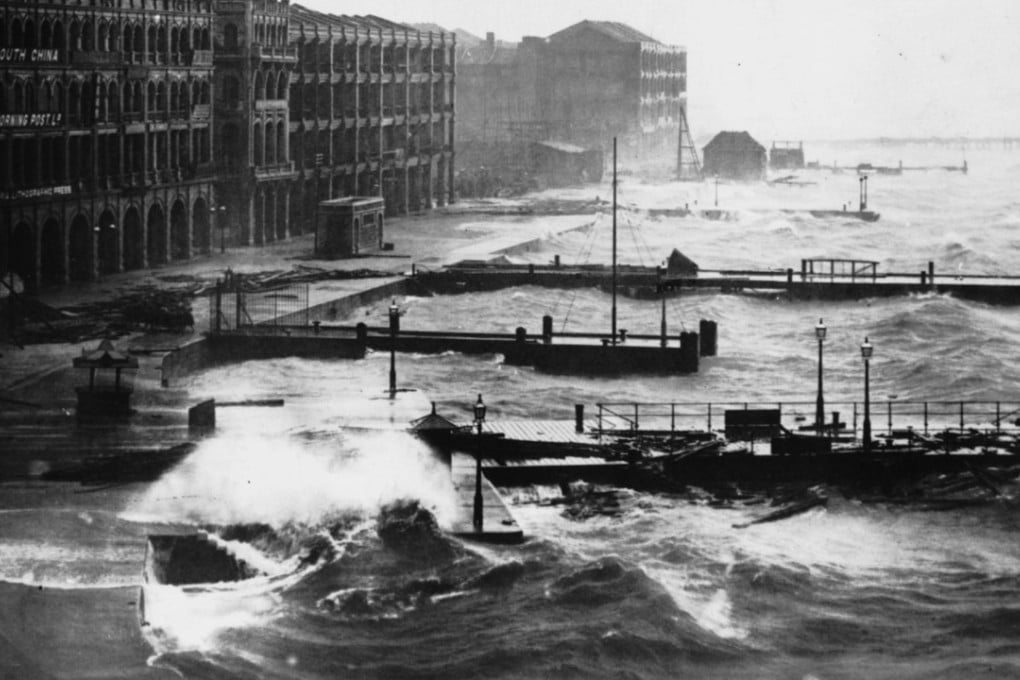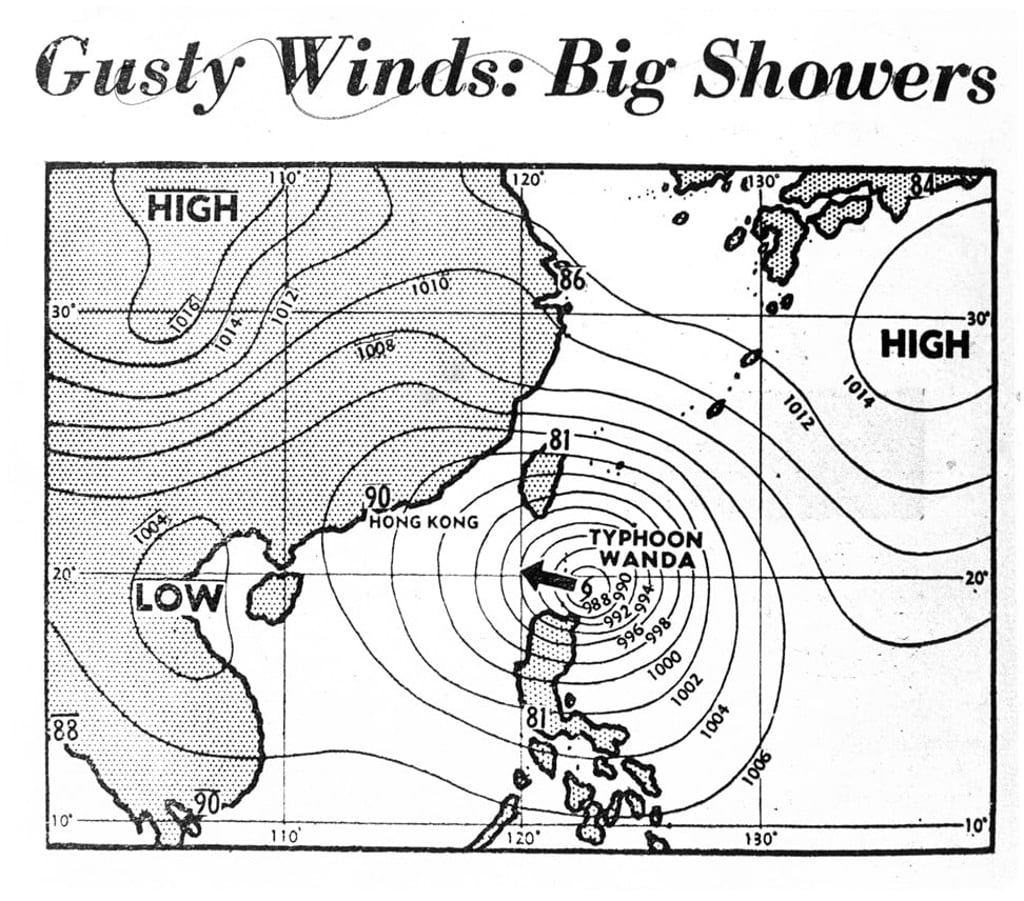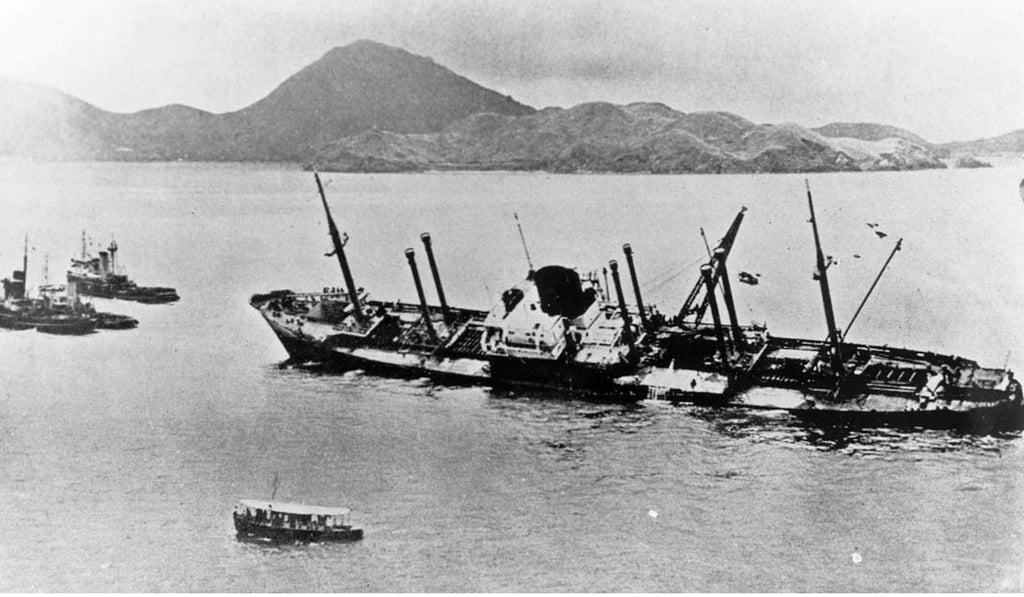Language Matters | As Hong Kong braces for a storm, find out where the word ‘typhoon’ came from
A closer look shows ‘typhoon’ may not have originated from Chinese after all

With typhoon season in full swing, let’s disentangle the etymologies circling the word. Hurricanes (in the Atlantic and northeastern Pacific oceans), cyclones (Indian Ocean) and typhoons (northwestern Pacific) are different names given to the same weather phenomenon depending on where they occur. The origin of the word “typhoon” is commonly ascribed to the Chinese 颱風 – “great wind” (daaihfùng in Cantonese).
But wait … a clear origin lies in Arabic: possibly derived from “tāfa” (“to turn round”), “el-tūfān” occurs in two passages of the Koran, describing a flood or storm, and the deluge, with tūfāndesignating a storm of the seas between Arabia and China. This suggests that, if tūfānis derived, as some hold (though others point to the Aramaic “tāf”), from the Greek “typhon” (τῡϕῶν ) – the mythological hundred-headed, flame-breathing giant, father of the winds – via maritime trade, or the translations of Aristotle, it would have entered Arabic no later than the seventh century. It then spread to Persian, as “tufân” (and the Turkish “tayfun”), and thereafter to Urdu, as tūfān , the language heavily influenced by Arabic and Persian, through late-first-millennium Muslim conquests, and subsequent 12th- to 16th-century Persianised Central Asian dynasties on the Indian subcontinent.

From there, the word appeared in the writings of European travellers in the East Indies: the Portuguese “tufão” is the earliest printed mention, found in 16th-century traveller-writer Fernão Mendes Pinto’s autobiographical memoir Peregrinação (“pilgrimage”). This came from Urdu, though some believe that, in the longstanding maritime trade network of the Indian Ocean, Portuguese explorers got it directly from the Arab pilots. Subsequent European colonisers adopted Portuguese borrowings. “Touffon” first appeared in a 1588 English translation of Venetian merchant-traveller Cesare Federici’s account; 17th- and 18th-century English writings employ “tufan”, “tuffon”, “toofan” and “tuffoon”.


